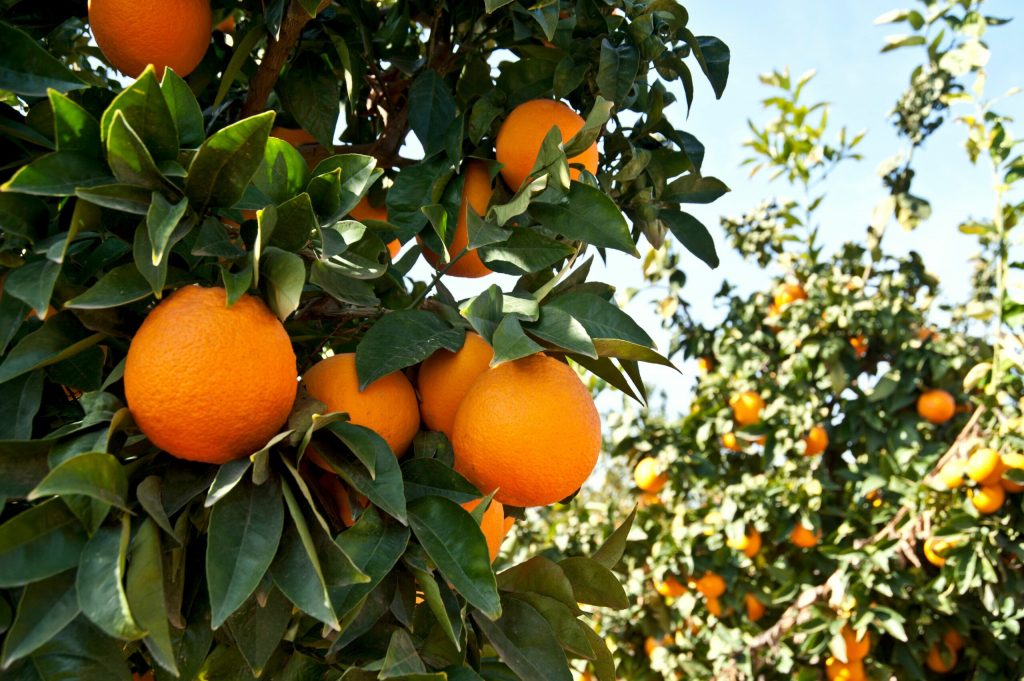Brazilian orange production is in danger
The excellent orange production in Brazil has led it to be crowned as the world's leading exporter of orange juice, however, this year's rainfall problems have caused the agricultural soil to dry out and the levels of the rivers in the region center-south of the country, the most productive, are considerably low.

This drought has raised concerns among farmers who fear that they will run out of water reserves for the coming months and that their crops will not be able to develop according to plan, also considering that the dry season has not yet started.
The drought not only affects crops, Mauricio Pineheiro is a coffee producer whose irrigation began in March and currently, given the lack of rain, he has had to use even his home's water supply to supply its 53 hectares of cultivation, running out of water to keep showers and pipes in the house.
Uncertainty in orange production
For some years now, the price of orange trees has increased due to the fear that the orange trees will wither, creating chaos in the market and allowing food inflation given the rise in food that has already been experienced since the beginning of the pandemic.
This would be the second consecutive year in which Brazilian orange trees decrease their fruit production if irrigated areas are not supplied with enough water and currently the country is already experiencing a 31% drop in its orange crops, the lowest percentage after 33 years old.
But the drought not only affects oranges, but also coffee, another of the main Brazilian export products. The most affected coffee crops received less than half of the rainfall just at the stage when they need moisture for the beans to grow.
Currently, Brazilian soils are in a stage in which they store water for the dry season, but the situation is critical due to the lack of rains which are only expected between the months of October and November, and no longer in September.
